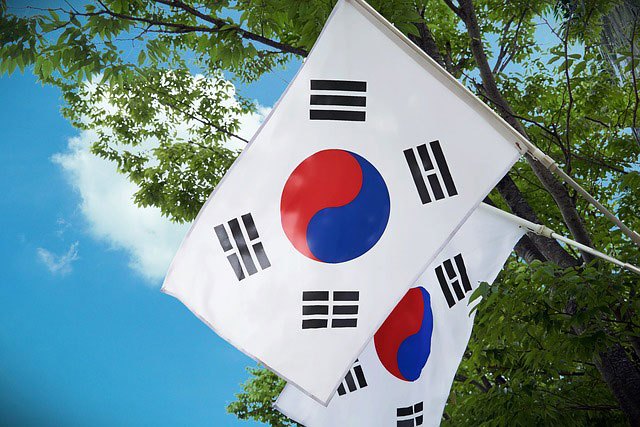The Korean economy is the world’s 11th biggest one today, with a GDP of over 1,377 billion euros. The income per person in the country is two-thirds of America’s, and the unemployment rate is just 3.6%. Moreover, South Korea spends more as a share of GDP on research and development than almost any other country, as evidenced by the launch of the Horizon 2020 research program, which aims to improve the communication between members of the EU and the Republic of Korea and to build new businesses and market shares.
The rapid development of South Korea
Part of the reason for the rapid development of South Korea’s economy is the country’s Free Trade Agreement (FTA) with the European Union, dating from 2011. The EU is the largest investor in the Republic of Korea and, consequently, its export of goods such as chemical products and transport equipment to Korea has experienced an increase of 14.6 billion euros for the period between 2010-2016. Additionally, the imports from Korea to countries in the European Union have increased by 32% from 2010 to 2015, with an emphasis on machinery and appliances, plastics, and transport equipment Among the products.
With non-existent barriers to trade thanks to the FTA, new business opportunities have been created for countries from the EU and Korea, especially within industries like the automotive, pharmaceutical, and medical devices. Since Korea is one of the EU’s 10 strategic partners and the 8th largest supplier, it is important to maintain viable economic and trade relations- especially provided the fact that Korean investments in the EU have experienced a growth of 19% in the 2014-2015 period.
Apart from their economic and trade relations, the strategic partnership between the Asian and European markets has been crucial for the countries to cooperate on issues such as human rights, counter-terrorism and climate change. More recently, discussions have been led regarding the closer cooperation between cities and provinces in Europe and the Republic of Korea, in order to improve the city diplomacy between the two sides and generate exchanges in fields like education and environmental studies.
Business opportunities and language barrier
 The strong ties between Korea and the EU in terms of trade, investment and cooperation signify that now is the best time for businesses from both markets to interact with each other and derive mutual benefits. Both the Korean and the European markets have experienced significant growth in the past decade and offer plenty of opportunities for global businesses looking to invest overseas. This means that, now more than ever, the efficient communication between the two sides is crucial for successfully executing the set projects.
The strong ties between Korea and the EU in terms of trade, investment and cooperation signify that now is the best time for businesses from both markets to interact with each other and derive mutual benefits. Both the Korean and the European markets have experienced significant growth in the past decade and offer plenty of opportunities for global businesses looking to invest overseas. This means that, now more than ever, the efficient communication between the two sides is crucial for successfully executing the set projects.
The Korean language, being one of a kind and not sharing a common ancestor with another language, presents a serious challenge for businesses’ localization strategies. Because of the language’s complex grammar, popular for its postpositions attached to words, non-linear writing and unique characteristics, the Korean localization is quite an obstacle to tackle. The seven different levels of formality and the grammar structure make it extremely difficult to use machine translation. As a result, the formation of a reliable, long-term relationship between foreign businesses and investors has been difficult. Even though South Korea has made some significant advances in its localization practices, being able to conquer the Chinese apparel and beauty markets, its influence within the Western markets is still not satisfactory. The extreme cultural and linguistic differences between Europe and Korea require more in-depth consumer research to be undertaken, for a better understanding of the market and for a successful integration of the foreign businesses within the new markets.
That is where the services of skilled professional translators and linguists would be of major benefit for leading negotiations and realising business projects. Allowing someone with experience in the business language to handle your documentation and future correspondence with precision and professionalism will enable you to focus on better managing your business and team. At 1-StopAsia, we realise the importance of efficient communication between both sides of a business deal and are committed to providing our clients with first-class translation services, regardless of the industry in which they operate or the market being targeted. With international relations becoming a significant part of any business’ activity, reliable translation and localization strategies are necessary for achieving success.
